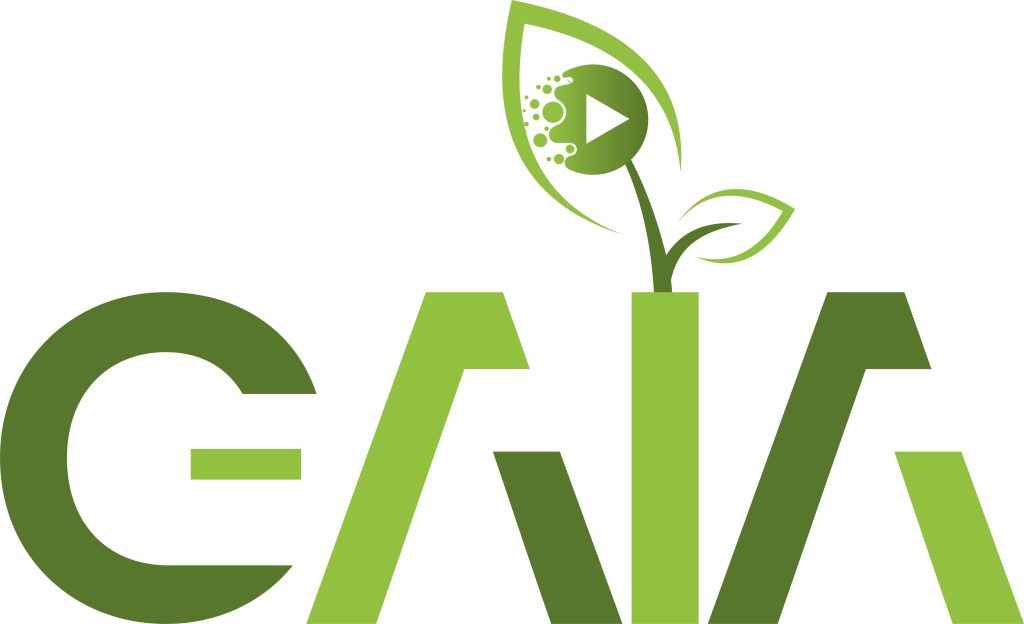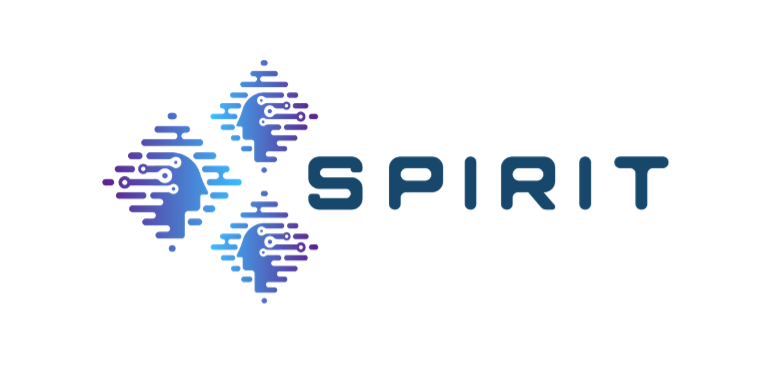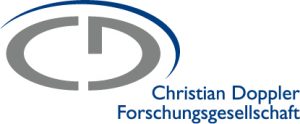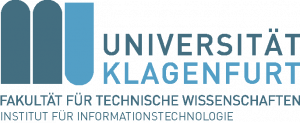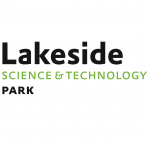Apollo
Intelligent Video Platform “APOLLO “
Apollo (God of music, poetry, arts, oracles, archery, herds and flocks, diseases, healing, light, sun, knowledge and protection of young https://en.wikipedia.org/wiki/Apollo) is a project:
- Funded by the Austrian Research Promotion Agency FFG
- A cooperative project between Bitmovin and Alpen-Adria-Universität
Klagenfurt (AAU)
Project Description
New video coding formats are currently being developed – in addition to those available already – leading to a plethora of codecs to be supported in today’s and future video platforms (e.g., AVC, HEVC, VP9, AV1, VVC, EVC). A promising approach is the deployment of software-based (or software-defined) solutions on current cloud infrastructures (public, private, hybrid) rather than dedicated hardware, which allows for both flexibility and efficiency thanks to utilization of distributed systems and microservices at scale. However, the amount of data to be processed in the near future will require (1) exascale distributed computing resources, (2) fine-grained distribution mechanisms (i.e., within cloud, fog, edge etc. specifically in – but not limited to – the context of 5G and Internet of Things (IoT)), (3) application programming interfaces (APIs) for frictionless integration into existing workflows, (4) automated provisioning of virtualized network devices (network functions virtualization (NFV)), and (5) distributed cooperating software-defined network (SDN) controllers to configure and manage virtual networks and provide required QoS.
Specifically, in the domain of video transcoding, efficient cloud provisioning faces three main challenges: (i) efficient cloud resource management, (ii) per-sequence transcoding ladders, and (iii) adoption of newer video standards. The primary focus of the APOLLO project is to address the challenge of efficient cloud resource management. Additionally, our research investigates and enhances the deployment of these solutions across various computing instances within the delivery network, encompassing cloud, fog, and edge computing nodes. This approach aims to realize the vision of the Video Coding Computing Continuum (VC3).
The objectives of Apollo
The main objective of APOLLO is to research and develop an intelligent video platform for HTTP adaptive streaming which:
-
- provide means for the intelligent distribution of video processing tasks (primarily video transcoding) within current and future distributed environments for efficient HTTP adaptive streaming;
- support manifold cloud-like environments ranging from large-scale data centers to small-scale computing environments possibly distributed within the delivery network;
- integrate artificial intelligence (AI) / machine learning (ML) techniques for the actual distribution;
- support media applications specifically in – but not limited to – the context of 5G, IoT, automotive, industry 4.0, as well as health care and education;
- provide real-time intelligent metrics and indicators for the automated efficient resource management.
Publications
- Samira Afzal (Alpen-Adria-Universität Klagenfurt), Zahra Najafabadi Samani (Alpen-Adria-Universität Klagenfurt), Narges Mehran (Alpen-Adria-Universität Klagenfurt), Christian Timmerer (Alpen-Adria-Universität Klagenfurt), and Radu Prodan (Alpen-Adria-Universität Klagenfurt), “MPEC2: Multilayer and Pipeline Video Encoding on the Computing Continuum,” IEEE Network Computing and Application (NCA 2022), 14- 16 DEC 2022, virtual (acceptance rate: N/A; quality factor: N/A) [PDF] [Slides]
- Samira Afzal (Alpen-Adria-Universität Klagenfurt), Farzad Tashtarian(Alpen-Adria-Universität Klagenfurt), Hamid Hadian (Alpen-Adria-Universität Klagenfurt), Alireza Erfanian (Alpen-Adria-Universität Klagenfurt), Christian Timmerer (Alpen-Adria-Universität Klagenfurt), and Radu Prodan (Alpen-Adria-Universität Klagenfurt), “OTEC: An Optimized Transcoding Task Scheduler for Cloud and Fog Environments,” ViSNext (2022), 6-9 DEC 2022, Rome, Italy (acceptance rate: N/A; quality factor: N/A) [PDF] [Slides]
- Anatoliy Zabrovskiy (Alpen-Adria-Universität Klagenfurt), Prateek Agrawal (Alpen-Adria-Universität Klagenfurt), Vladislav Kashansky Alpen-Adria-Universität Klagenfurt), Roland Kersche (Bitmovin), Christian Timmerer (Alpen-Adria-Universität Klagenfurt), and Radu Prodan(Alpen-Adria-Universität Klagenfurt), “FSpot: Fast and Efficient Video Encoding Workloads Over Amazon Spot Instances.” Computers, Materials & Continua 71.3 (2022) [PDF]
- Anatoliy Zabrovskiy (Alpen-Adria-Universität Klagenfurt), Prateek Agrawal (Alpen-Adria-Universität Klagenfurt), Christian Timmerer (Alpen-Adria-Universität Klagenfurt), and Radu Prodan (Alpen-Adria-Universität Klagenfurt), “FAUST: fast per-scene encoding using entropy-based scene detection and machine learning.” 2021 30th Conference of Open Innovations Association FRUCT. IEEE, 2021 [PDF]
- Prateek Agrawal (Alpen-Adria-Universität Klagenfurt), Anatoliy Zabrovskiy (Alpen-Adria-Universität Klagenfurt), Adithyan Ilangovan (Bitmovin), Christian Timmerer (Alpen-Adria-Universität Klagenfurt), Radu Prodan (Alpen-Adria-Universität Klagenfurt), “FastTTPS: fast approach for video transcoding time prediction and scheduling for HTTP adaptive streaming videos.” Cluster Computing 24 (2021): 1605-1621 [PDF]
- Alireza Erfanian (Alpen-Adria-Universität Klagenfurt), Farzad Tashtarian (Alpen-Adria-Universität Klagenfurt), Anatoliy Zabrovskiy (Alpen-Adria-Universität Klagenfurt), Christian Timmerer (Alpen-Adria-Universität Klagenfurt), Hermann Hellwagner (Alpen-Adria-Universität Klagenfurt), OSCAR: On Optimizing Resource Utilization in Live Video Streaming, IEEE Transactions on Network and Service Management (TNSM) (2021): 552-569(Impact factor: 4.682) [PDF]
- Prateek Agrawal(Alpen-Adria-Universität Klagenfurt), Deepak Chaudhary , Vishu Madaan, Anatoliy Zabrovskiy (Alpen-Adria-Universität Klagenfurt), Radu Prodan (Alpen-Adria-Universität Klagenfurt) , Dragi Kimovski(Alpen-Adria-Universität Klagenfurt), Christian Timmerer (Alpen-Adria-Universität Klagenfurt)”Automated bank cheque verification using image processing and deep learning methods.” Multimedia Tools and Applications 80 (2021): 5319-5350 [PDF]
- Anatoliy Zabrovskiy (Alpen-Adria-Universität Klagenfurt), Prateek Agrawal (Alpen-Adria-Universität Klagenfurt), Roland Matha (Alpen-Adria-Universität Klagenfurt), Christian Timmerer (Alpen-Adria-Universität Klagenfurt), and Radu Prodan (Alpen-Adria-Universität Klagenfurt), “ComplexCTTP: complexity class based transcoding time prediction for video sequences using artificial neural network.” 2020 IEEE Sixth international conference on multimedia big data (BigMM). IEEE, 2020 [PDF]
- Babak Taraghi (Alpen-Adria-Universität Klagenfurt), Anatoliy Zabrovskiy (Alpen-Adria-Universität Klagenfurt), Christian Timmerer (Alpen-Adria-Universität Klagenfurt) and Hermann Hellwagner (Alpen-Adria-Universität Klagenfurt), “CAdViSE: Cloud-based Adaptive Video Streaming Evaluation Framework for the Automated Testing of Media Players“, In Proceedings of the 11th ACM Multimedia Systems Conference (MMSys ’20). Association for Computing Machinery, New York, NY, USA, 349–352 (acceptance rate: 33%; quality factor: I) [PDF][Slides][Video]
- Timmerer, Christian, and Anatoliy Zabrovskiy. “Automating QoS and QoE Evaluation of HTTP Adaptive Streaming Systems.” ZTE Communications 17.1 (2019): 18-24 [PDF]
Team members
Team members
 Christian Timmerer (head of ATHENA) is a full professor of computer science at Klagenfurt University, Institute of Information Technology (ITEC). He is a Co-Founder of Bitmovin Inc. where he is the Chief Innovation Officer (CIO) and the Head of Research and Standardization. His research interests include immersive multimedia communication, streaming, adaptation, and quality of experience. Further information is available here.
Christian Timmerer (head of ATHENA) is a full professor of computer science at Klagenfurt University, Institute of Information Technology (ITEC). He is a Co-Founder of Bitmovin Inc. where he is the Chief Innovation Officer (CIO) and the Head of Research and Standardization. His research interests include immersive multimedia communication, streaming, adaptation, and quality of experience. Further information is available here.
Google Scholar | Twitter | LinkedIn
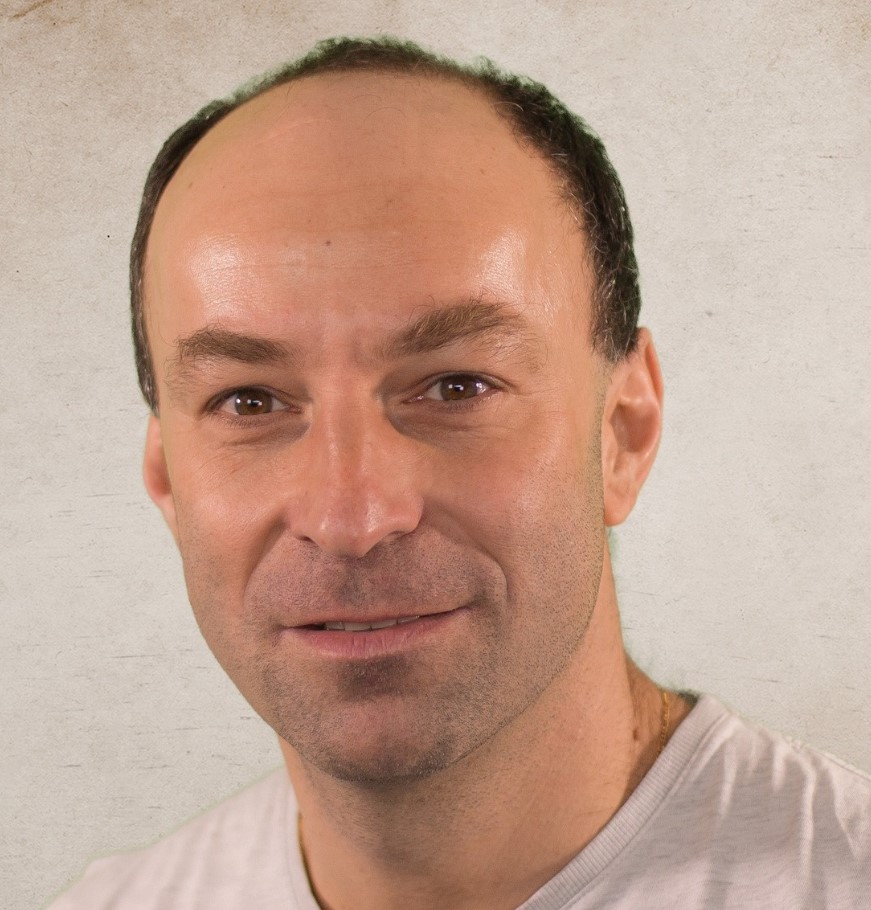
Radu Prodan is a full professor of computer science at Klagenfurt University, Institute of Information Technology (ITEC). Previously, he was an associate professor with the University of Innsbruck, Austria. He participated in numerous projects and coordinated the European Union projects ARTICONF and
Graph-Massivizer. He has co-authored more than 200 publications and received three IEEE best paper awards.
Further information is available here.
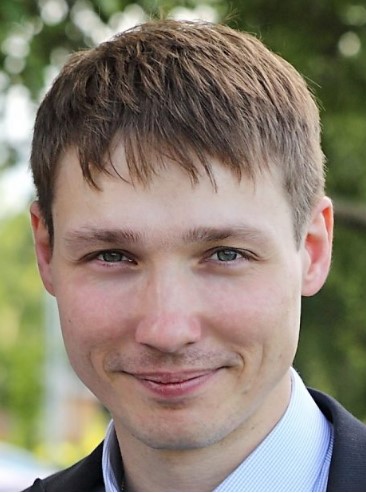 Anatoliy Zabrovskiy received his B.S. and M.S. degrees in information and computer technology from Petrozavodsk State
Anatoliy Zabrovskiy received his B.S. and M.S. degrees in information and computer technology from Petrozavodsk State
University, Russia in 2006 and 2008 respectively, and a Ph.D.
degree in engineering from the same university in 2013. He was award winner of two international programs: Scholarships of the Scholarship Foundation of the Republic of Austria for Postdocs and Erasmus Mundus External Cooperation Window program for doctorate students. He was a prize winner of Sun Microsystems contest ‘‘Idea2Project’’. He was a post doctoral researcher at the Department of Information Technology (ITEC), University of
Klagenfurt, Austria. His research interests include Video
streaming, Network technologies, Quality of Experience, and Machine
Learning. Further information is available here.
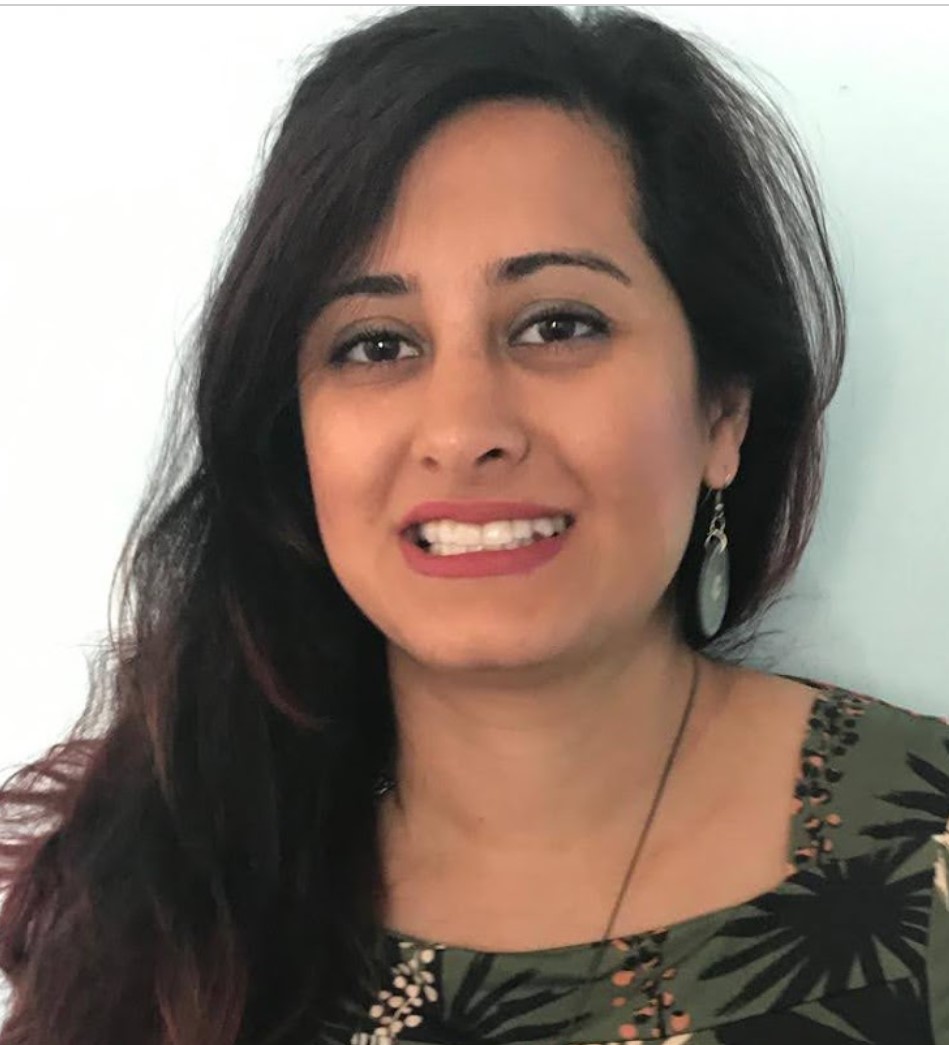 Samira Afzal is a postdoctoral researcher at Alpen-Adria-Universität Klagenfurt, Austria, and in collaborating with Bitmovin. Before, she was a postdoctoral researcher at the University of Sao Paulo, researching deeply on IoT, SWARM, and Surveillance Systems. She graduated with her Ph.D. in November 2019 from the University of Campinas (UNICAMP). During her Ph.D., she collaborated with Samsung on a project in the area of mobile video streaming over heterogeneous wireless networks and multipath transmission methods in order to increase perceived
Samira Afzal is a postdoctoral researcher at Alpen-Adria-Universität Klagenfurt, Austria, and in collaborating with Bitmovin. Before, she was a postdoctoral researcher at the University of Sao Paulo, researching deeply on IoT, SWARM, and Surveillance Systems. She graduated with her Ph.D. in November 2019 from the University of Campinas (UNICAMP). During her Ph.D., she collaborated with Samsung on a project in the area of mobile video streaming over heterogeneous wireless networks and multipath transmission methods in order to increase perceived
video quality. Further information is available here.
- Christian Timmerer, Full Professor, Director Christian Doppler Lab ATHENA
- Radu Prodan, Full Professor
- Anatoliy Zabrovskiy, Postdoctoral Researcher
- Samira Afzal, Postdoctoral Researcher



